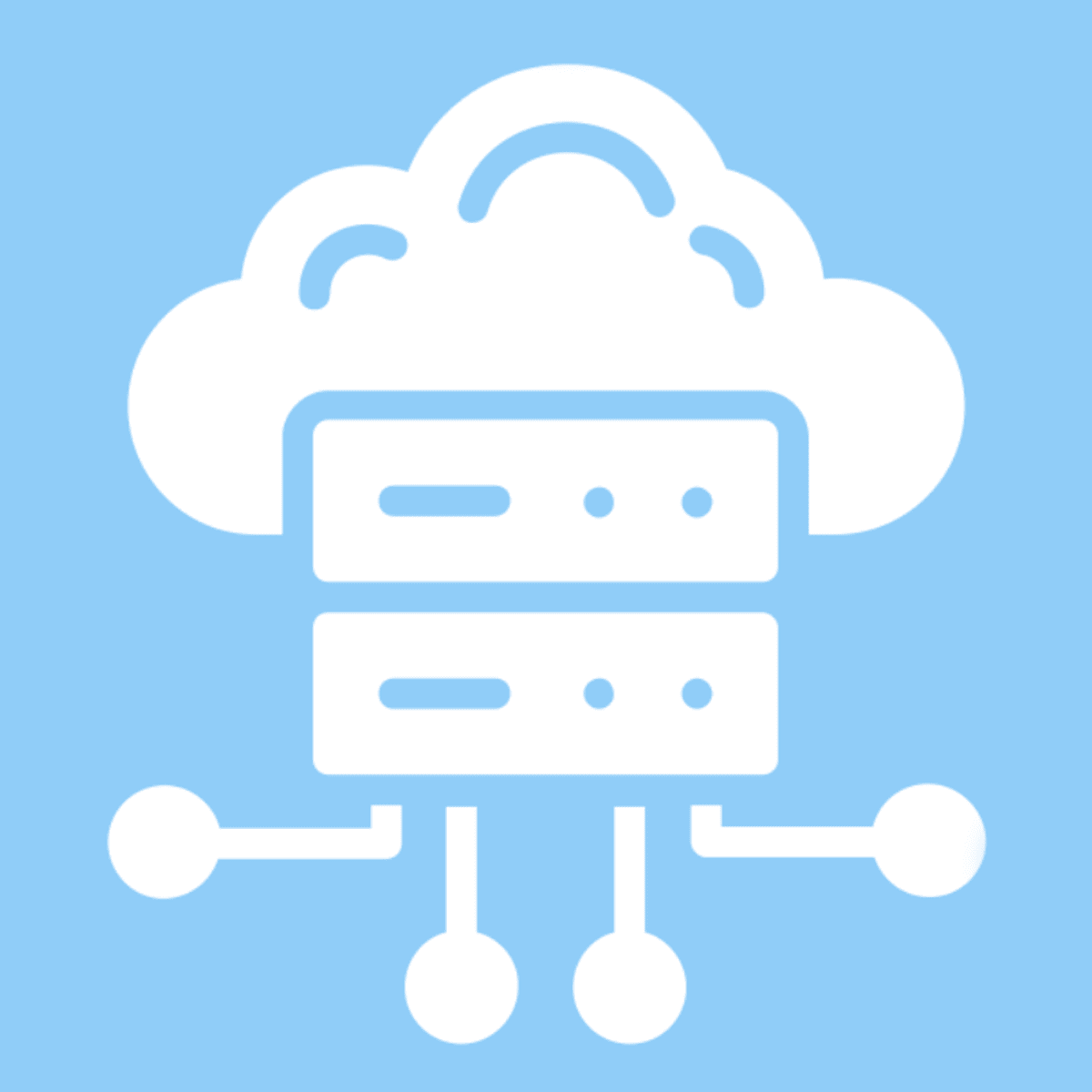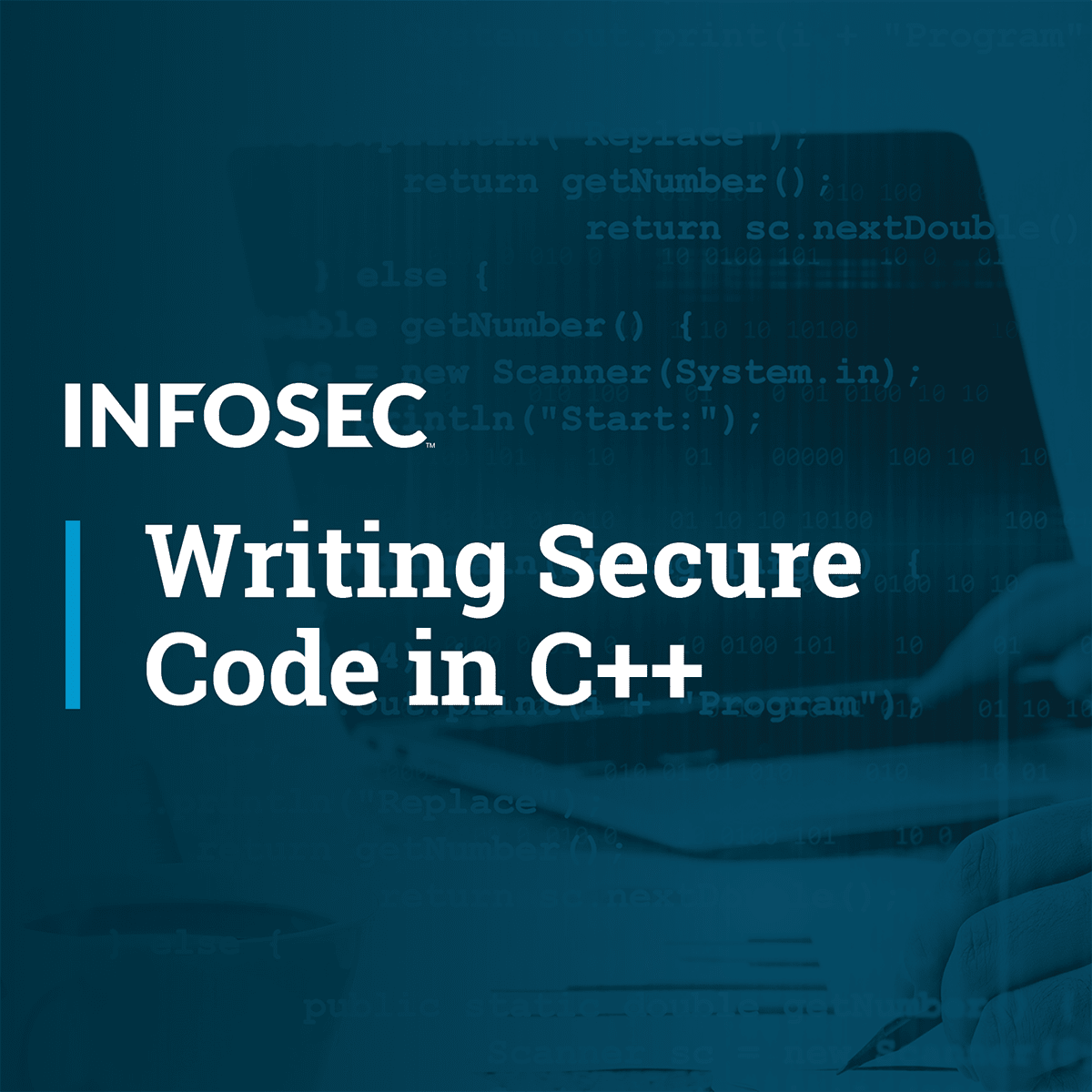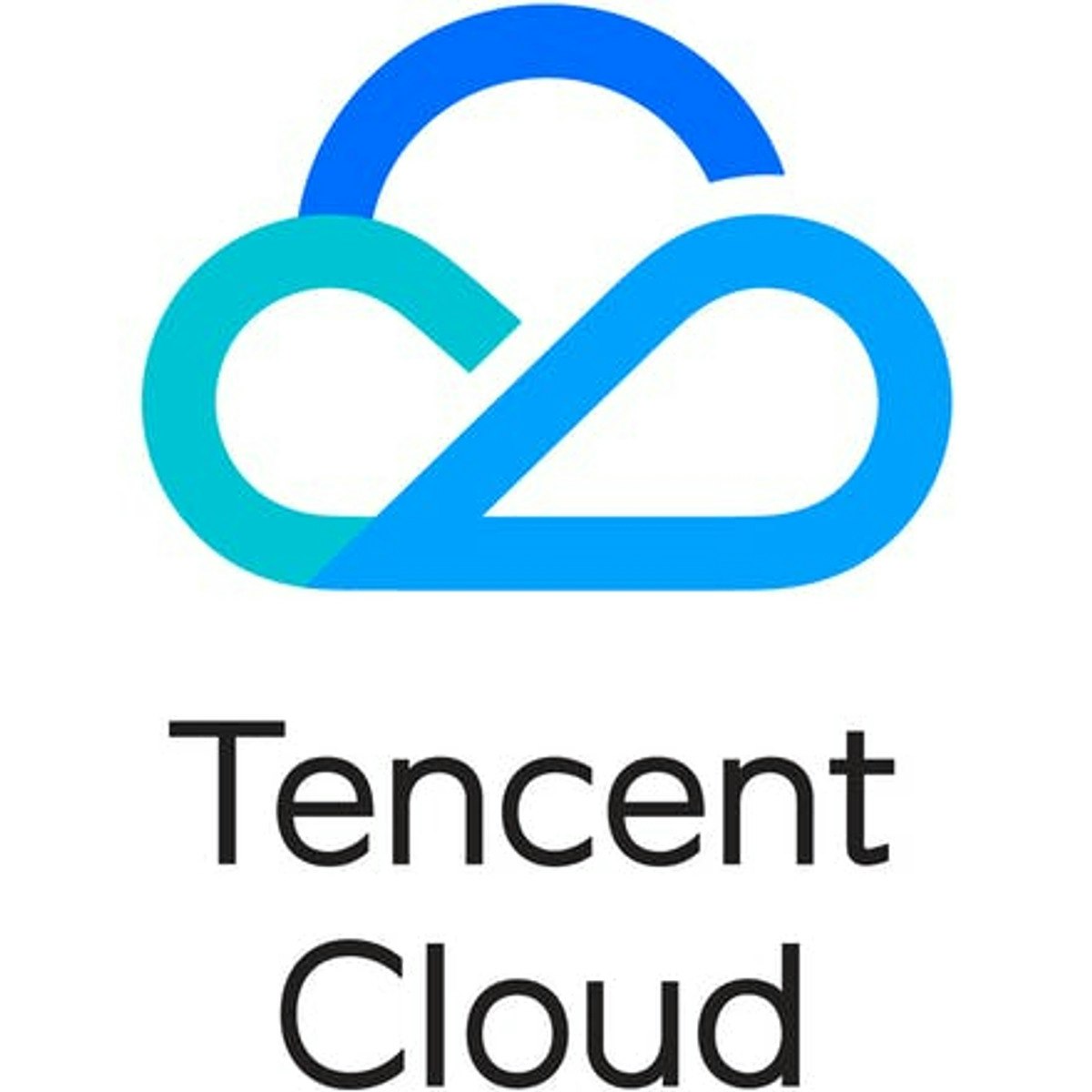Back to Courses









Information Technology Courses - Page 10
Showing results 91-100 of 1471

Working with Data in Android
Learn how to work with web technologies and persistent data on Android applications even after you close or restart an app. There is a focus on web communication and developer tools and you will discover how Kotlin applications communicate over the web. You’ll learn how data formats and web protocols work in relation to Kotlin apps. Furthermore, you will practice applying asynchronous programming techniques using Kotlin.
Learn the core functionality and uses of the SQLite database management system (DBMS). Learn about web clients and databases by adding connections from your app to other languages to access custom built web application programming interfaces (APIs) and database management systems.

Interact with Terraform Modules
This is a self-paced lab that takes place in the Google Cloud console.
In this hands-on lab you will create and use Terraform modules to organize your cloud configuration.

Static Website Hosting and Cross-Region Replication
Have you ever wonder about a scenario, where you want to share data with your friend for a limited periode of time? Do you want to architect a design to host a website and maintain it at a very low cost? Are you confident enough of build an architecture in cloud, where your webiste wont face anydown time? Do you know how to recover your data from any form of Disaster? If so, then this is the right porject for you. I can provide you an apt solution for all these problems using Amazon Cloud. AWS Cloud is making everything that was imposiible at one time to reality. Don't let any disaster to shut your data down. In this 2 hours project, you will learn how to host a 'static website' and to enable 'Cross-Region Replication' as a part of 'Disaster Recovery'.
I am introducing a relatively new feature in AWS Cloud, called "CLOUD SHELL" in this project, where you will get a practical experience of some common usages of generating 'Pre-Signed URL' and allowing access for any users in public Internet.
Note: This course works best for learners who are based in the North America region. We’re currently working on providing the same experience in other regions.

Deploy and Test a Visual Inspection AI Component Anomaly Detection Solution
This is a self-paced lab that takes place in the Google Cloud console. Deploy and test a visual inspection AI component anomaly detection solution.
Cloud Computing Primer: Platform as a Service (PaaS)
Explore cloud computing basics without installing anything!
This course is designed for semi-technical and business learners, providing a solid foundation of cloud computing basics. Learners will build an understanding of how platform as a service (PaaS) works as well. The modules in this course cover cloud computing basics, considerations for PaaS adoption, techniques for PaaS success and growth, as well as provide an exploratory PaaS experience for learners.
To allow for a truly hands-on, self-paced learning experience, this course is video-free. Assignments contain short explanations with images and suggested exploration examples, building a deeper understanding by doing. You'll benefit from instant feedback from a variety of assessment items along the way, gently progressing from quick understanding checks (multiple choice, fill in the blank, and un-scrambling answer blocks) to small, approachable exercises that take minutes instead of hours.

Hands-On Labs in Google Cloud for Security Engineers
Security is an uncompromising feature of Google Cloud services, and Google Cloud has developed specific tools for ensuring safety and identity across your projects. In this course you will get added hands-on practice understanding and securing resources with multiple Google Cloud services including Google Kubernetes Engine (GKE).
This course is unlike other courses, in that it consists of one module of background videos, followed by a series of hands-on practice exercises on Google Cloud via Qwiklabs. The practice modules include no videos, lectures, or quizzes - just more practice on real Google Cloud.
If you enjoyed this course, you can check out the full quest including a challenge lab that requires a solution to be built with minimal guidance. You will have an opportunity to earn a Google Cloud digital Skill Badge on completion as well! Visit - google.qwiklabs.com and look for ‘Secure Workloads in Google Kubernetes Engine’ and ‘Ensure Access & Identity in Google Cloud’.

Principles of Secure Coding
This course introduces you to the principles of secure programming. It begins by discussing the philosophy and principles of secure programming, and then presenting robust programming and the relationship between it and secure programming. We'll go through a detailed example of writing robust code and we'll see many common programming problems and show their connection to writing robust, secure programs in general. We’ll examine eight design principles that govern secure coding and how to apply them to your own work. We’ll discuss how poor design choices drive implementation in coding. We’ll differentiate between informal, formal, and ad hoc coding methods. Throughout, methods for improving the security and robustness of your programs will be emphasized and you will have an opportunity to practice these concepts through various lab activities. A knowledge of the C programming language is helpful, but not required to participate in the lab exercises.

Introduction to C++
This course is an introduction to the course. It presents the teacher, the tools and the content of the courses and explains why C/C++ is important. This course also covers C/C++ particularities a programmer needs to know to create secure programs using these languages.

Tencent Cloud SysOps Associate
This course is primarily aimed at cloud professionals who are interested in learning about Tencent Cloud's system operations. It equips learners with a foundational knowledge in deploying, monitoring, and operating Tencent Cloud's basic products and prepares them to take the Tencent Cloud SysOps Associate examination. After completing this course, learners will be able to operate and maintain Tencent Cloud's basic products and deploy business on Tencent Cloud.

Container Creation and Orchestration Basics
Practice creating containers without installing anything!
This course is designed for learners with no technical experience, providing a solid foundation for container creation and orchestration. Learners will gain hands-on practice on an Ubuntu system that can be easily transferred to other Unix-based operating systems. The modules in this course cover the benefits and uses of Kubernetes, the creation and building of container images, and the deployment of containers.
To allow for a truly hands-on, self-paced learning experience, this course is video-free. Assignments contain short explanations with images and runnable examples with suggested edits to explore examples further, building a deeper understanding by doing. You'll benefit from instant feedback from a variety of assessment items along the way, gently progressing from quick understanding checks (multiple choice, fill in the blank, and un-scrambling code blocks) to small, approachable exercises that take minutes instead of hours.
Popular Internships and Jobs by Categories
Find Jobs & Internships
Browse
© 2024 BoostGrad | All rights reserved